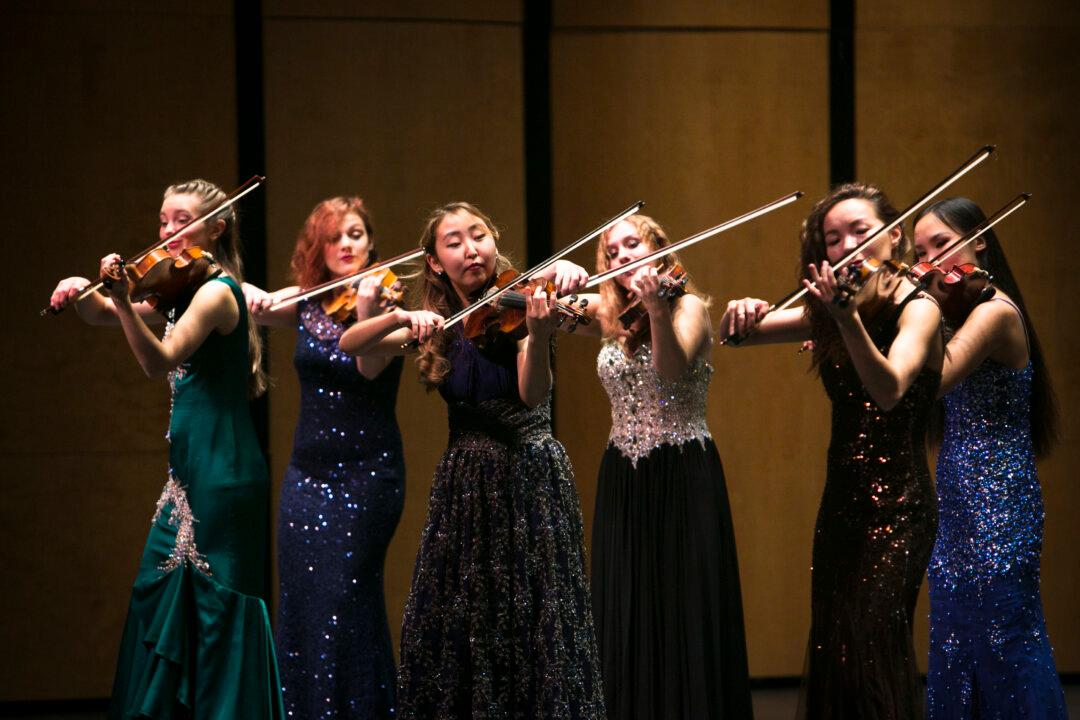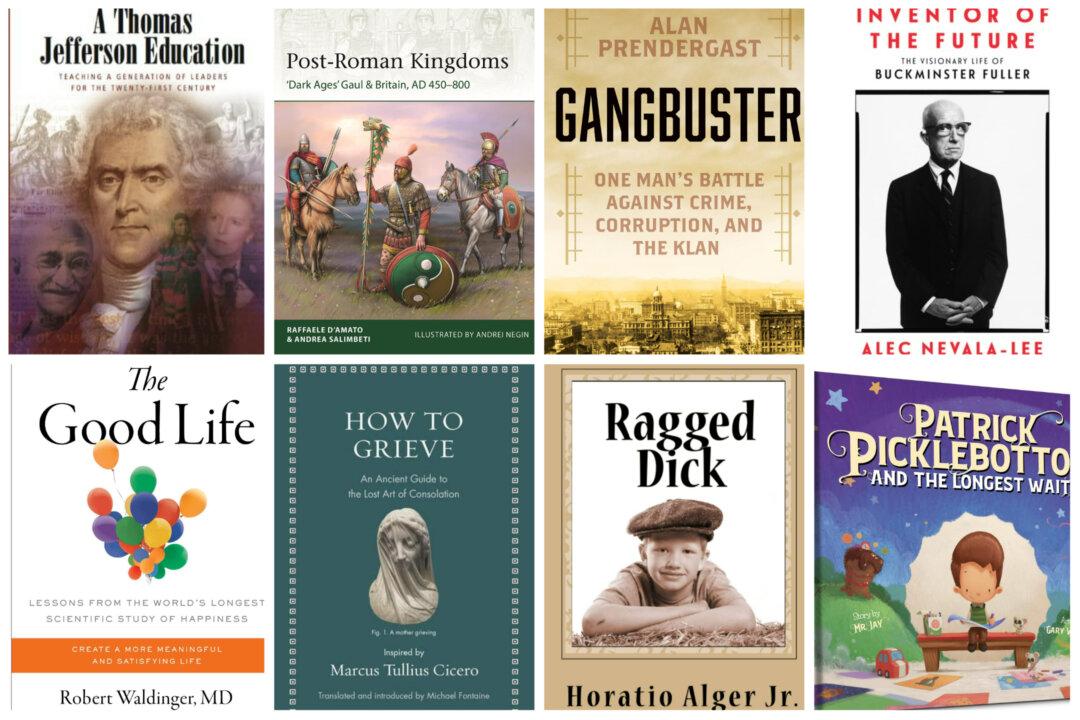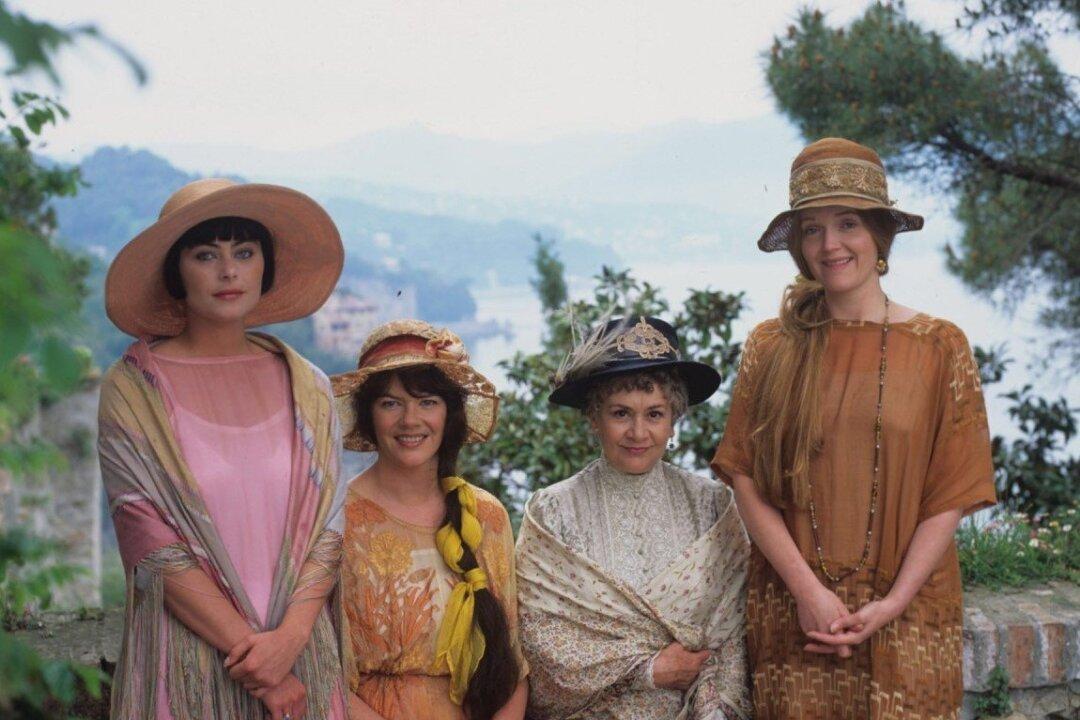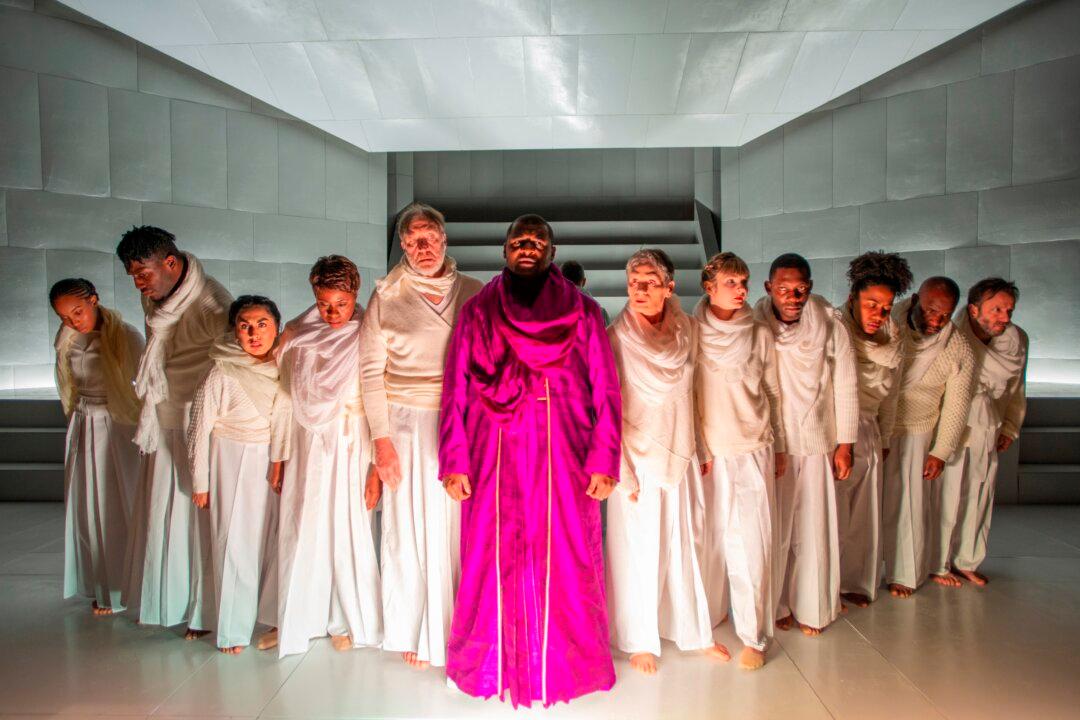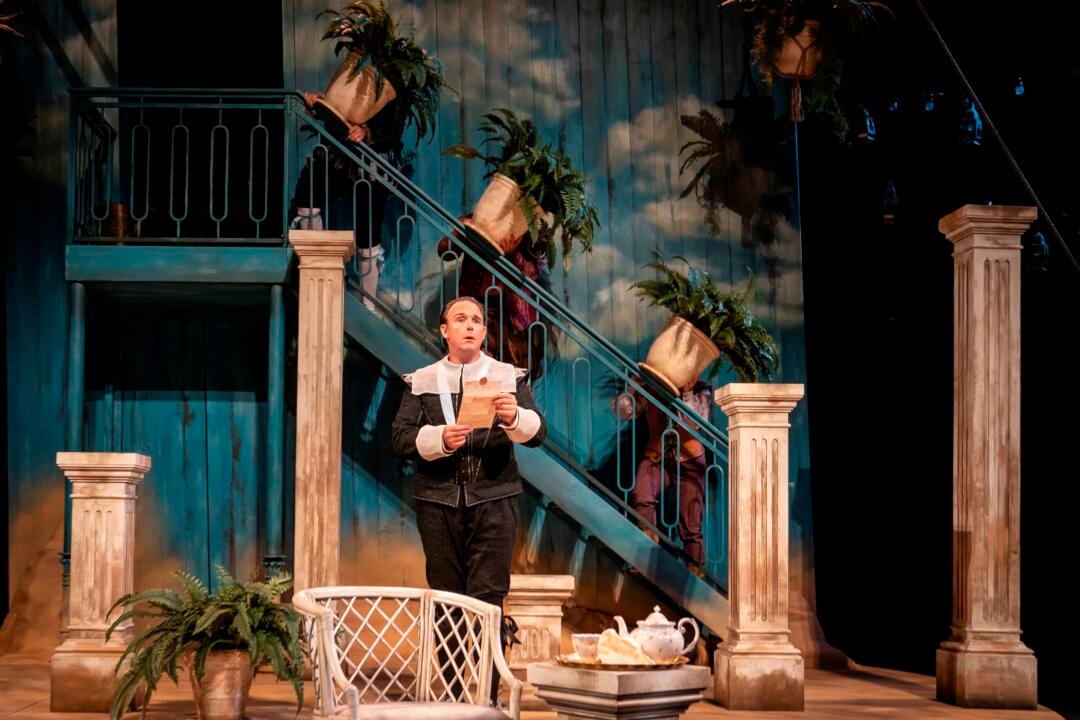Accompanied by a pianist, 11 violinists in formal evening attire (only two of them men) stood across the stage and bodily engaged with the music as they played. The concert on Oct. 23 at Brooklyn’s Kingsborough Community College by the ensemble Siberian Virtuosi included repertoire from Johann Sebastian Bach to Astor Piazzolla, and so precise was the playing, it sounded at times like one stringed instrument.
According to Leonid Fleishaker, who as president of World Touring LLC manages the group, the ensemble’s performance nearly always brings the audience to its feet at concert’s end and then the musicians accommodate the enthusiastic response with an encore.

